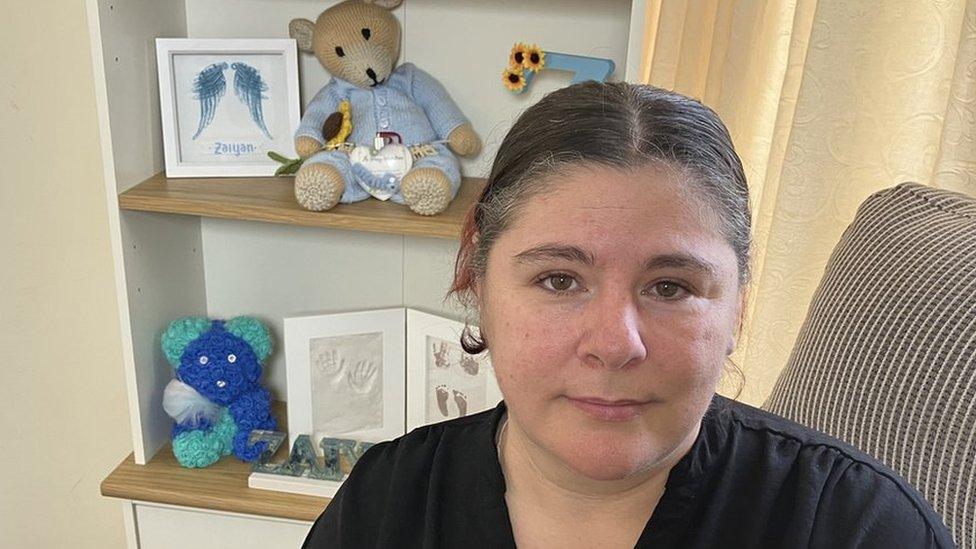Baby loss: Campaigners call for official certificates
- Published
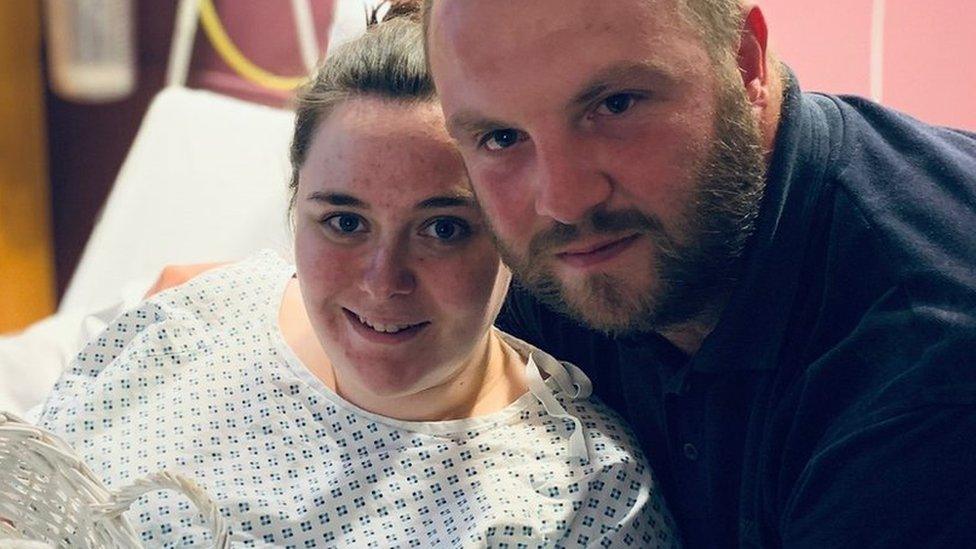
Elan Arfor Connor had to "push and push" to be issued with a certificate which officially recorded Elis's birth
Women who lose their babies before 24 weeks in Wales should get certificates to formally recognise their pregnancy, campaigners have said.
In July, it was announced that women experiencing miscarriage, ectopic or molar pregnancies in England could get a certificate at any stage.
Now, people want Wales to follow suit, with one woman who lost her son saying they help with the grieving process.
The Welsh government said all families who experienced a loss were supported.
But there is currently no way to register miscarriages before six months.
Instead, the law requires the birth of a baby who was born showing no signs of life from 24 weeks to be registered as a stillbirth.
Families are also offered memory boxes which include a certificate of birth.
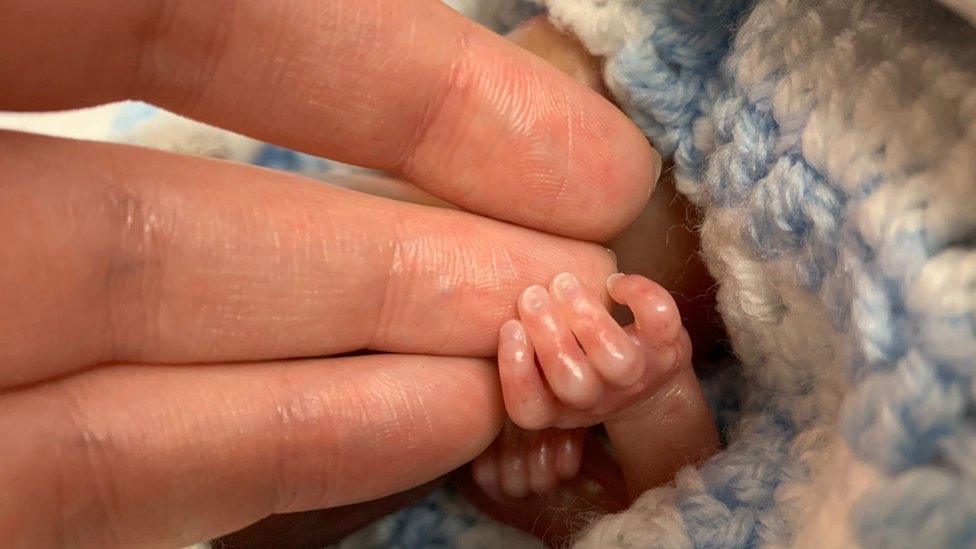
Baby Elis died just minutes after he was born
Elan Arfor Connor from Anglesey lost her son after giving birth at 22 weeks last August.
Elis was born alive, but died minutes later.
"After that I was given the option to leave the hospital or stay in a bereavement room overnight and I stayed with him the entire night. He was put into a cold cot," she said.
"It was traumatic to have to go through labour and try to emotionally prepare for the fact you're going to give birth and you don't know if your son is going to be alive or not.
"Nothing prepares you for the feeling of having to hold your son after giving birth and watching him die in your arms. It was the most traumatic thing I've ever been through."
Elan said she wanted an official certificate to recognise Elis's life, but was told she was not entitled to one because she lost him before 24 weeks - despite the fact he was alive at birth - and was told she may even have to go to court to fight for it.
"I had videos and pictures to prove he was alive when he was born," she said.
"The midwife came back and asked if this is something I'm sure I'd want to go through and if it would make me feel any better.
"I said 'I'm very happy to go all the way because I know what I saw'. I pushed and pushed for one."
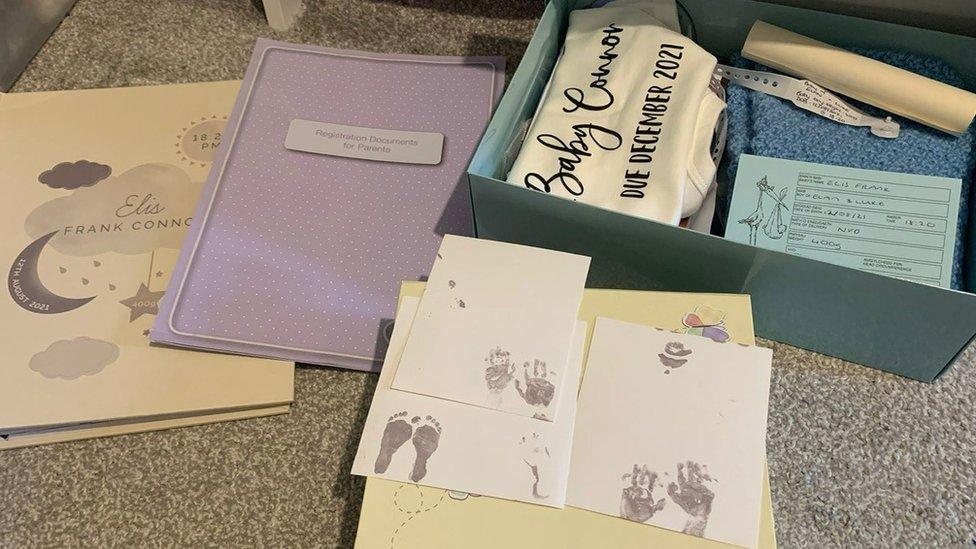
Elis was "very much real" says Elan
After two months, Elan was issued with an official birth certificate for Elis.
This is registered as a neonatal death, meaning a baby delivered either before or after 24 weeks who shows signs of life but subsequently dies within 28 days.
But Elan said if certificates of loss before 24 weeks were available, she would have never had had to fight for one.
"It was horrible having to fight for that. When you're trying to grieve and manage everything and contact all these people, you feel really alone and like you're fighting with a wall."
Elan said having a certificate helped with the grieving process.
"For me, because I couldn't bring my son into the world the way I wanted to, it felt like it was something I needed to do for him and me.
"He was very much real and I needed that certificate to prove that he was here and he existed in this world."
The certificates that are being introduced in England will be optional and do not come with the legal benefits for registration, such as maternity leave, but campaigners and charities say for many people they will provide comfort and acknowledgement.
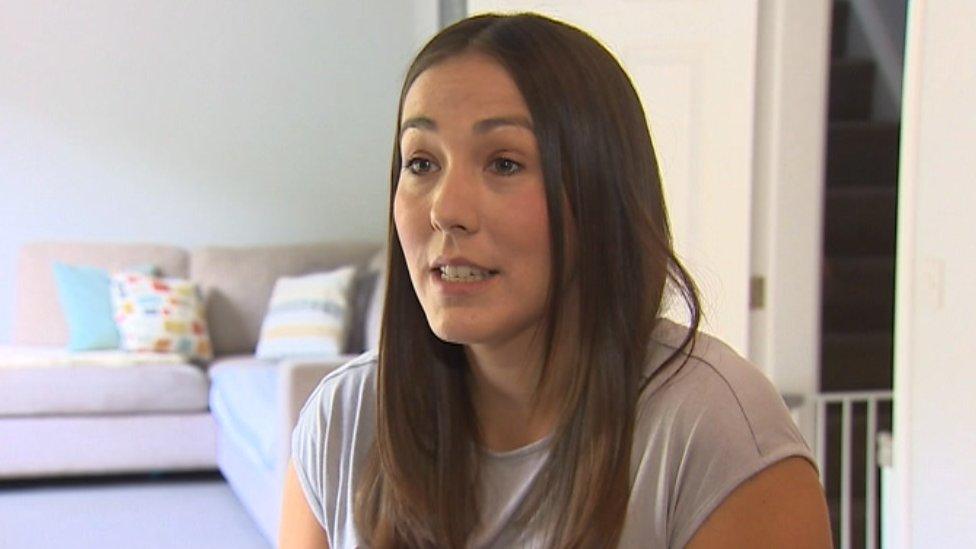
Jessica Evans says having an official certificate would help 'legitimise' loss for grieving families
Zoe Clark-Coates, CEO of SayingGoodbye.org, was at the forefront of the campaign in England.
She has experienced pregnancy loss herself and said giving parents the option to have a certificate was crucial.
"Some are often left with no physical existence that this baby ever existed," she said.
"What people told us they wanted was an official certificate so they can pass that down through the generations."
Jessica Evans, baby loss campaign lead at the Fair Treatment for the Women of Wales charity, calls the current situation a "postcode lottery".
She added: "Ultimately I think the certificates will help to legitimise people's grief and help to process their grief."
The Welsh government said: "All families who experience pregnancy loss at maternity units in Wales are supported by bereavement midwives, in conjunction with Sands, and offered memory boxes which include a certificate of birth.
"Our women's health implementation group is continuing to support a range of women's health issues, ahead of the publication of NHS Wales' 10-year women's health plan."
The UK government said: "Work on this is ongoing and we will set out more in due course."
- Published19 October 2019
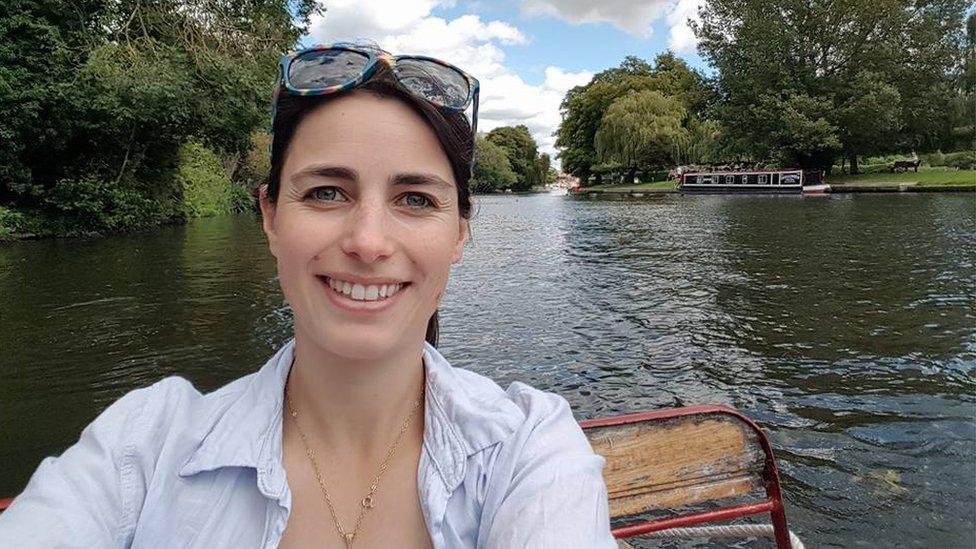
- Published28 September 2018

- Published17 August 2018
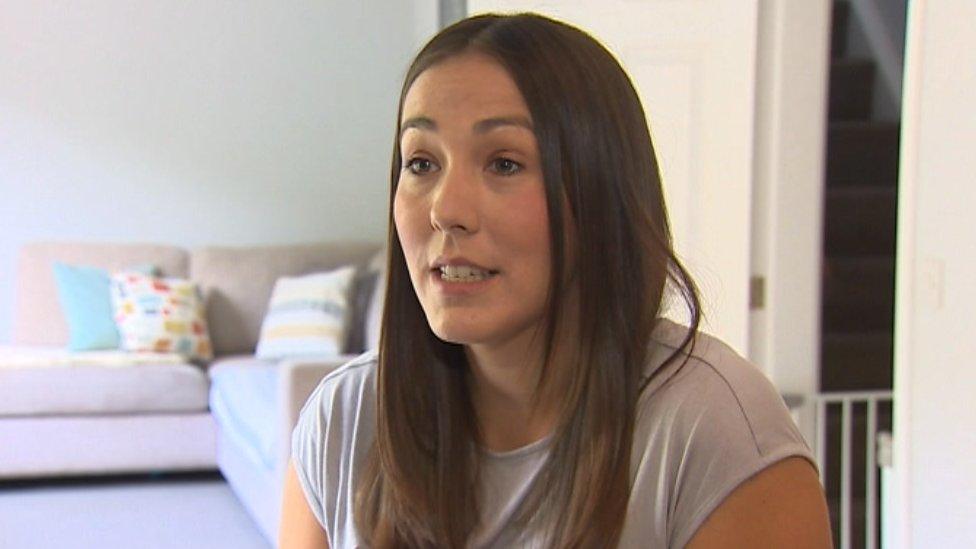
- Published19 October 2021
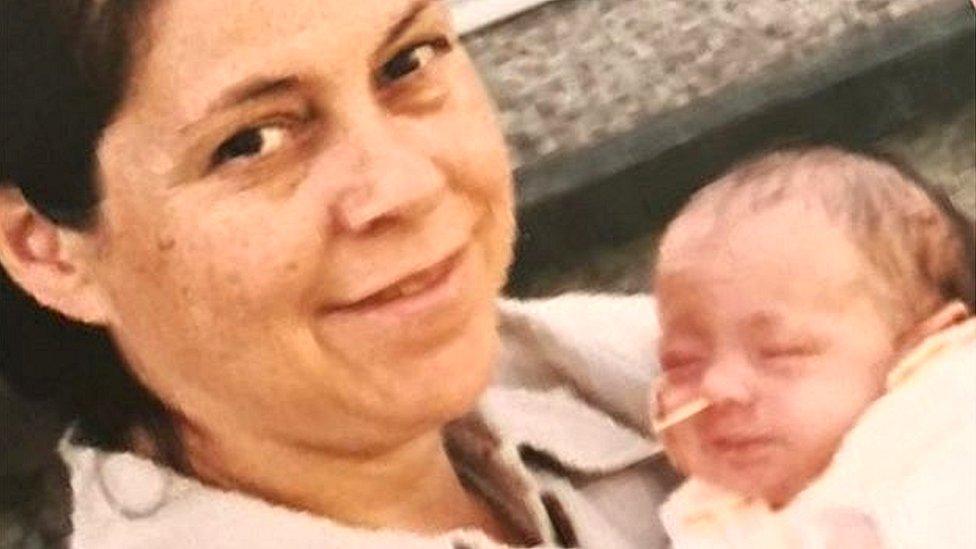
- Published7 December 2022
